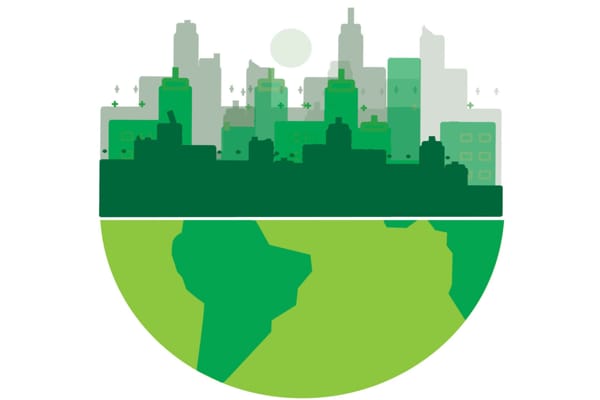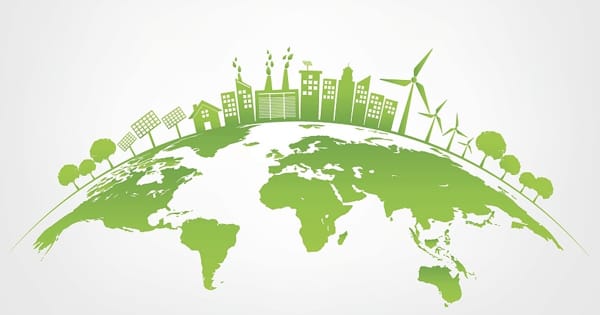Constructing a climate-friendly, low-carbon society and economy is a huge challenge, but it is also a huge opportunity. Many of the required technologies already exist. The real challenge is putting them into practice. Individual climate action can take many forms, including diet, mode of long- and short-distance travel, household energy use, consumption of goods and services, and family size. Individuals can also participate in local and political advocacy for climate change issues.
A paper published in the journal Nature Energy identifies five ways in which people with high socioeconomic status have a disproportionate impact on global greenhouse gas emissions, and thus an outsized responsibility to facilitate progress in climate change mitigation.
People in this group, through their roles as consumers, investors, role models, organizational participants, and citizens, can help shape the options available to themselves and others, providing options that either exacerbate or mitigate climate change.
According to research, people with high socioeconomic status have a disproportionate impact on global greenhouse gas emissions and thus bear an outsized responsibility to facilitate progress in climate change mitigation.
Dr Kristian Nielsen
The majority of research into how we can reduce our climate impact has focused on changing consumer behavior, such as recycling and turning off lights at home. According to the authors, the focus should shift to finding ways to motivate people of high socioeconomic status to change a variety of behaviors, because what they do has a much greater impact on carbon emissions.
According to the study, high socioeconomic status refers to a person’s position in society’s structure, which includes not only their wealth and income, but also their ‘social resources,’ which include social class, occupation, and social network. It covers a much broader range of people than just the super-rich, including anyone with an annual income of $109,000 or more in the United States.
“People with high socioeconomic status have not only more money but also stronger social networks. Their connections may enable them to influence behaviors and policies that aid in the mitigation of climate change, and we must find ways to encourage them to do so “Dr. Kristian Nielsen, the paper’s first author and a postdoctoral researcher in the Department of Psychology at the University of Cambridge. “By claiming that only the super-rich must change their behavior, we ignore the power that others have to help combat climate change through their influence,” he added.

The climate impact of air travel is now well understood, but only 1% of the world’s population is responsible for more than 50% of greenhouse gas emissions from flying. The study emphasizes the importance of changing social norms associated with frequent flying, which is typically done by people of high socioeconomic status, but also of looking beyond their role as consumers.
“People with higher socioeconomic status could also serve as role models by making more environmentally friendly choices that influence others, such as driving electric cars or following a vegan diet. To be a role model, you don’t need a lot of money; you just need to be well-connected” Nielsen stated.
Investments also allow those with higher socioeconomic status to mitigate climate change. Although much attention has been focused on shifting large pension funds’ investments away from fossil fuel companies, the researchers believe that the investment portfolios of individuals, particularly those with enormous wealth, can also have a significant impact.
Furthermore, high socioeconomic status individuals, whether business owners or employees, can help to mitigate climate change through their organizations, such as by changing suppliers, business culture, and investments. As citizens, people with high socioeconomic status have access to networks that can help them organize social movements and gain access to politicians and decision-makers. Their financial resources also help: making donations helps to smooth the path to advancing social change.
“Our study focused on people with high socioeconomic status because they have caused many of the problems associated with fossil fuel dependence and climate change that affect the rest of humanity. And they are also in a good position to do something about it “Nielsen stated. “When certain people change their behavior for the good of the climate, it can have spill-over effects that go far beyond the average person’s effects, and lead to systemic change,” he added. The Carlsberg Foundation provided funding for this study.





